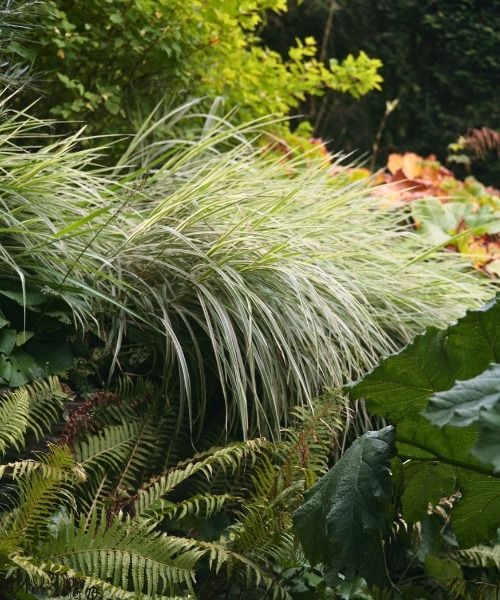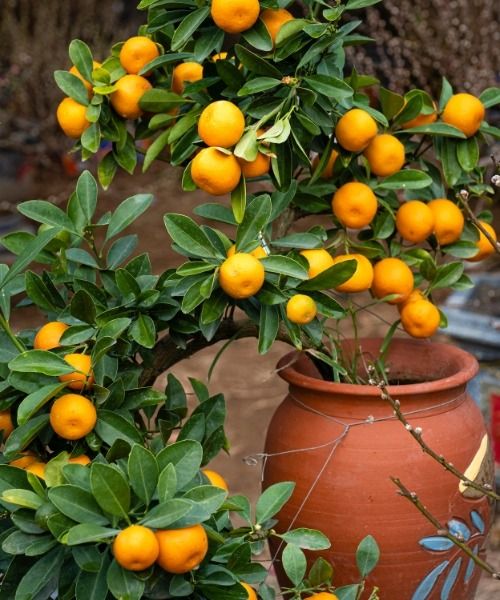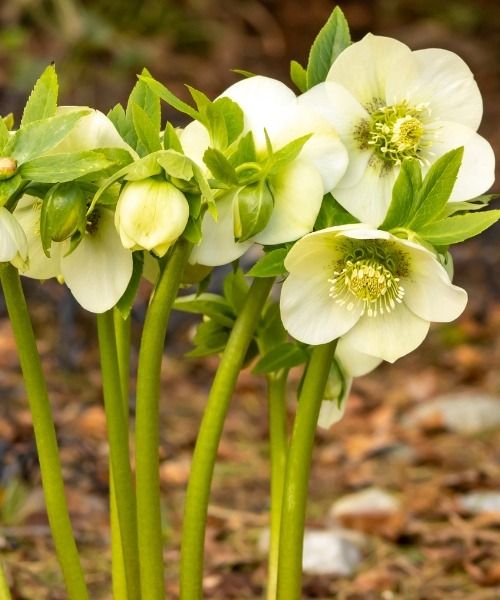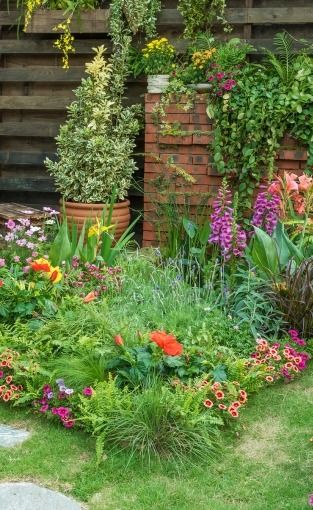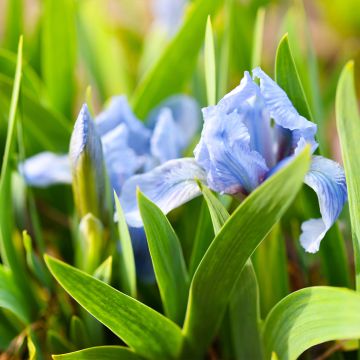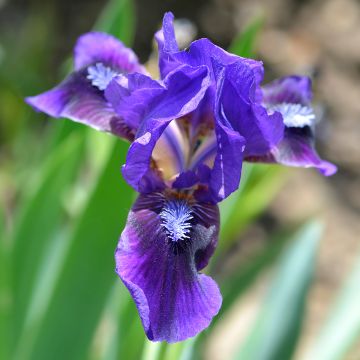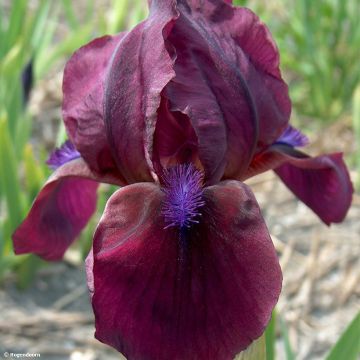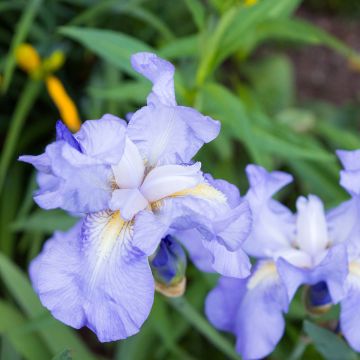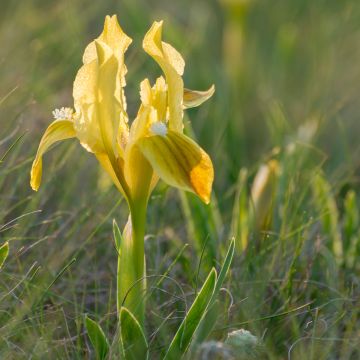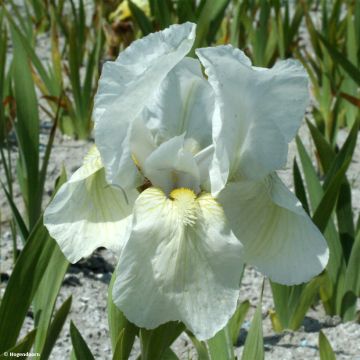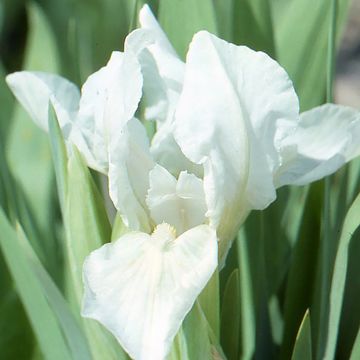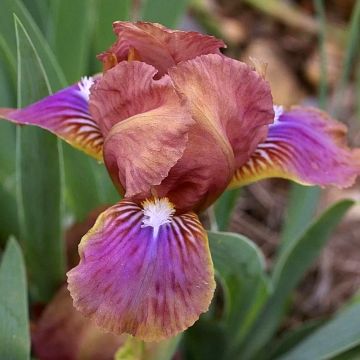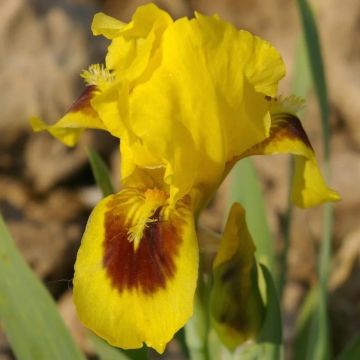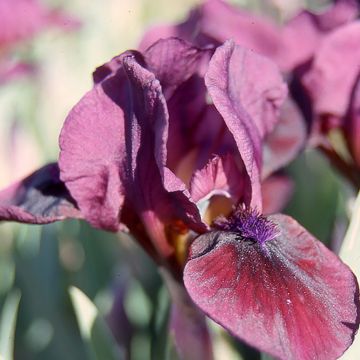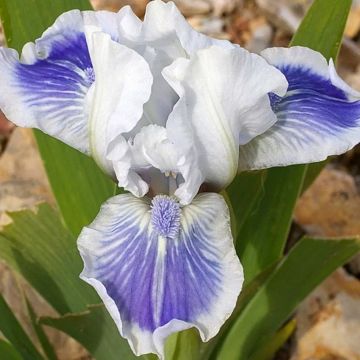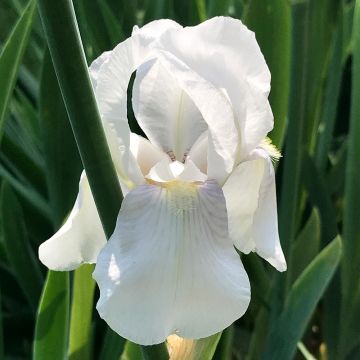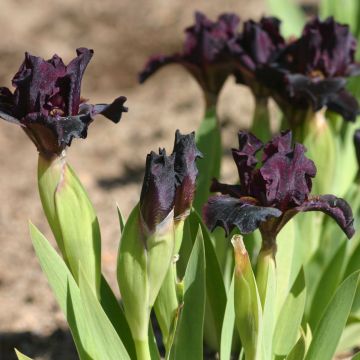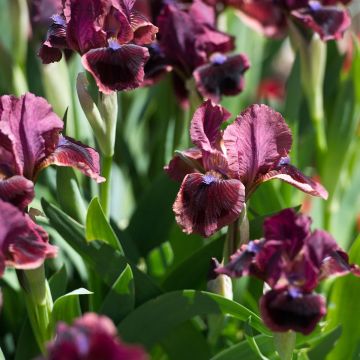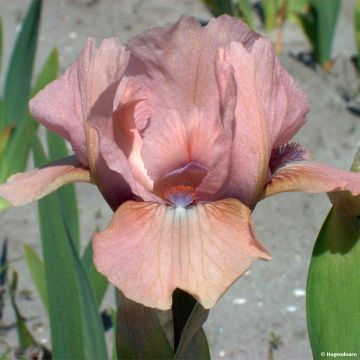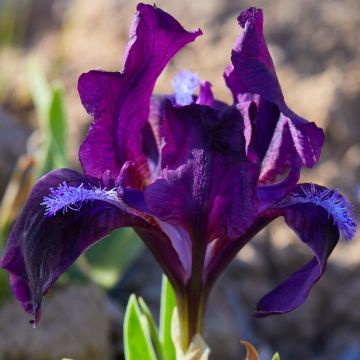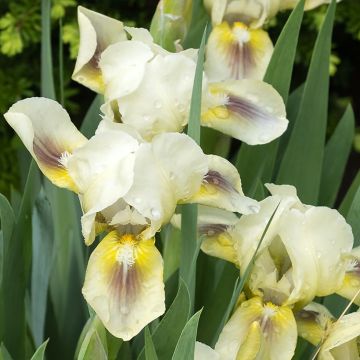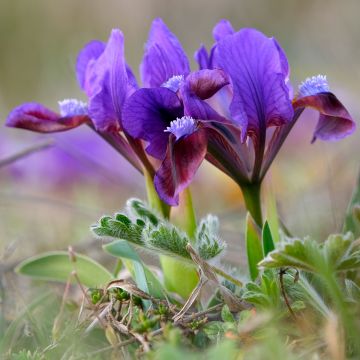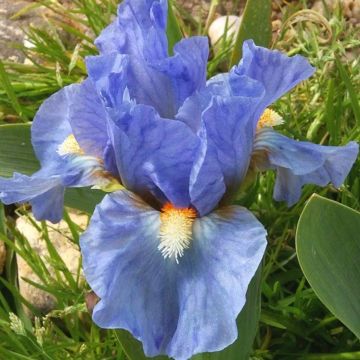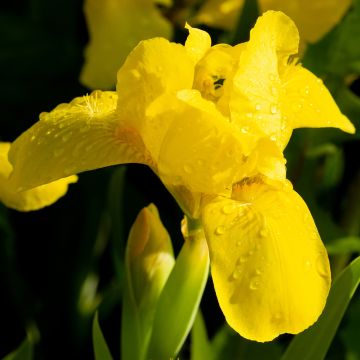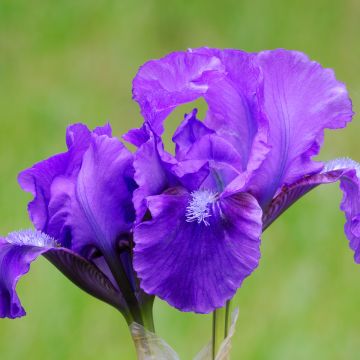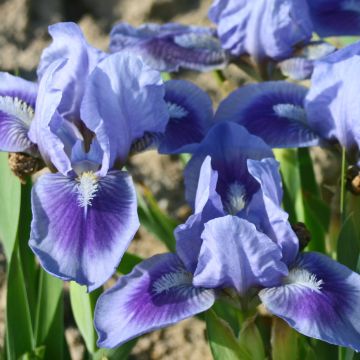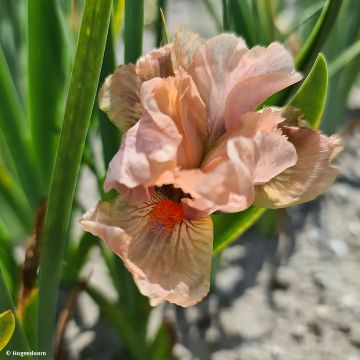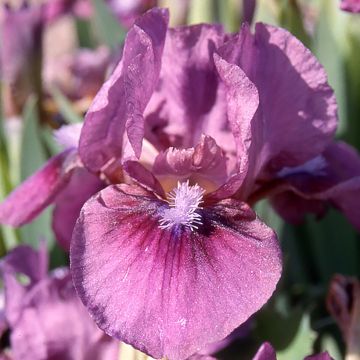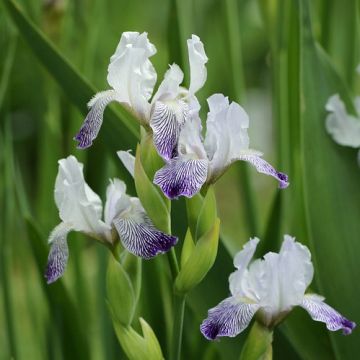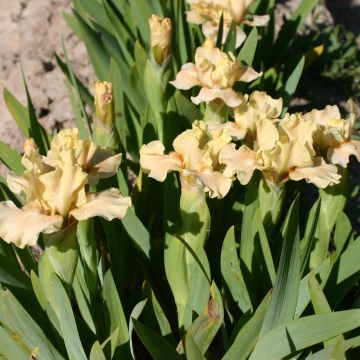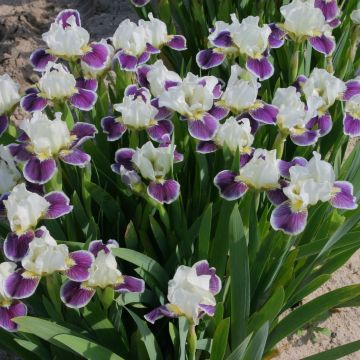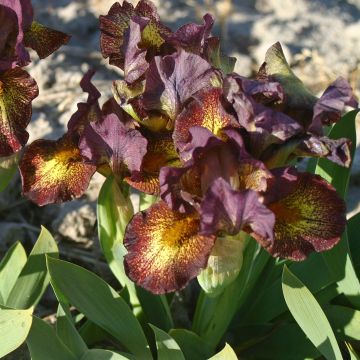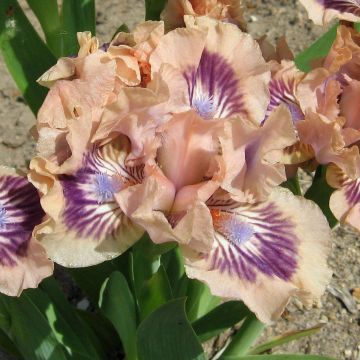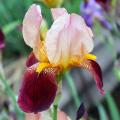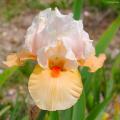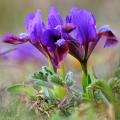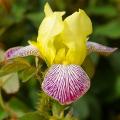Dwarf and mini Bearded Iris
Would this plant suit my garden? Set up your Plantfit profile →
Available in 2 sizes
Available in 2 sizes
Available in 2 sizes
Available in 2 sizes
Available in 1 sizes
Available in 2 sizes
Available in 2 sizes
Available in 2 sizes
Available in 2 sizes
Available in 2 sizes
Available in 2 sizes
Available in 1 sizes
Available in 2 sizes
Available in 2 sizes
Available in 2 sizes
Available in 2 sizes
Available in 2 sizes
Available in 2 sizes
Available in 2 sizes
Available in 1 sizes
Available in 2 sizes
Available in 2 sizes
Available in 1 sizes
Available in 2 sizes
Available in 2 sizes
Available in 1 sizes
Available in 1 sizes
Available in 2 sizes
Available in 1 sizes
Available in 1 sizes
The dwarf and lilliput irises, less than 40cm (16in) tall when flowering, are lovely perennials for rockeries and low borders without worries. We love them for their early flowering, which starts as early as the beginning of April for the earliest ones, and lasts until the beginning of May for the later varieties. Slightly less well-known than the Tall Bearded Irises, these miniature irises offer smaller flowers, but with infinitely varied colours, which are no less delightful. They come in a beautiful range of shades, with only true red and true black being absent. Adorers of sun and very well-drained chalky soils, these little irises work wonders in scorching rockeries as well as on dry slopes in summer, areas of the garden often neglected by many other perennial plants. Like Iris germanica, they tolerate summer drought perfectly.
The dwarf irises should be planted from July to September, as soon as they are received, in any well-drained, chalky garden soil. To flower, they require a minimum of six hours of full sun per day. We advise you to associate them with spring bulbs such as Muscari, wild crocus, tulips and botanical daffodils (for dry soil). We have grouped them together on these pages.
Haven't found what you were looking for?






























